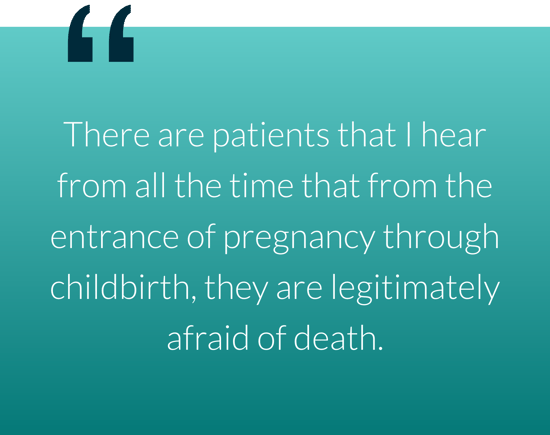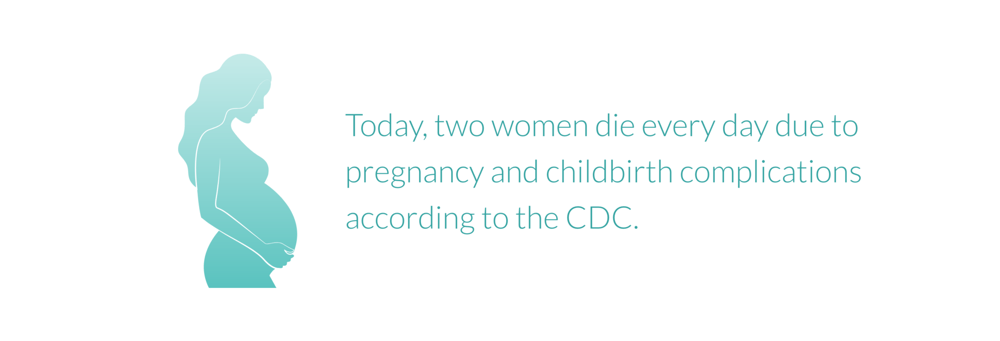History Provides a Clue into Today’s Maternal Disparities
Multiple thought leaders talk about the current state and how innovation, technology and partnerships are seeking to address. Highlights and key takeaways from executives at the March of Dimes, UnitedHealthcare, Marani, Philips Healthcare, Alina Health and Johnson & Johnson.
 Today two women die every day due to pregnancy and childbirth complications according to the CDC. Two babies die every hour with black babies dying at twice the rate of white babies before their first birthday. Though these are present day statistics, we lose sight of the fact that history has something to do with this which Stacey calls out in this conversation.
Today two women die every day due to pregnancy and childbirth complications according to the CDC. Two babies die every hour with black babies dying at twice the rate of white babies before their first birthday. Though these are present day statistics, we lose sight of the fact that history has something to do with this which Stacey calls out in this conversation.
“If you think about the history of this country, slavery started around 1619 and ended around 1865, the Jim Crow era was mostly in effect for another hundred years, and then I was born in 1964—the same year as the civil rights act was passed. And we still don’t have universal healthcare in this country. We still have millions of women both of color and white, but disproportionately those of color, who live without even the basic ability to have healthcare coverage, to go see a doctor affordably. In realizing this, we should not be really shocked that we see the disparities that we see today.” – Stacey Steward, CEO of March of Dimes.
The stress of racism and repeated exposure to socioeconomic adversity and racism has biological effects. The scientific community have coined this term as weathering where women of color can deteriorate in early adulthood and in pregnancy as a physical consequence of the cumulative and historic disadvantage. Dr. Lisa shares more on what these women can experience.
“When you couple unconscious bias…racism…and how that plays out at the bedside, you’ve got a woman with a lived experience who is already going to be impacted in terms of her health and her health outcomes. And she’s walking a scenario where those that are charged with caring for her, have certain biases against her and her child, that, that impact that inability to be seen, heard, listened to and respected. There are patients that I hear from all the time that from the entrance of pregnancy through childbirth, they are legitimately afraid of death.” – Dr. Lisa Saul, President of Mother Baby Clinical Service Line of Allina Health
To tackle care disparities and improve maternal health outcomes, March of Dimes has received $2.85 million from UnitedHealthcare to implement a program in high-needs states as part of a landmark partnership with the Department of Health and Human Services (HHS). Tim talks more on this program.

“A doctor’s office that wants to do the right thing and may see some systemic issues underway, but they just don’t know what to do. So we’re bringing experts together, as well as the voice of the individuals to ensure we’ve got evidence, training and support at the hospital level and individual physician and nurse level. For example, on hemorrhages which we know is a key area, how do we help train doctors and nurses to have the experience and information to identify issues before they happen and have simple things like safety cards. Bundling all this support together, we’ll test practice changes in hospitals and then work with the data that we have, the data that HHS and others have to evaluate the outcomes and do a process of continuous improvement.” – Tim Spilker, Community and State CEO of UnitedHealthcare

SUBSCRIBE FOR OUR LATEST CONTENT